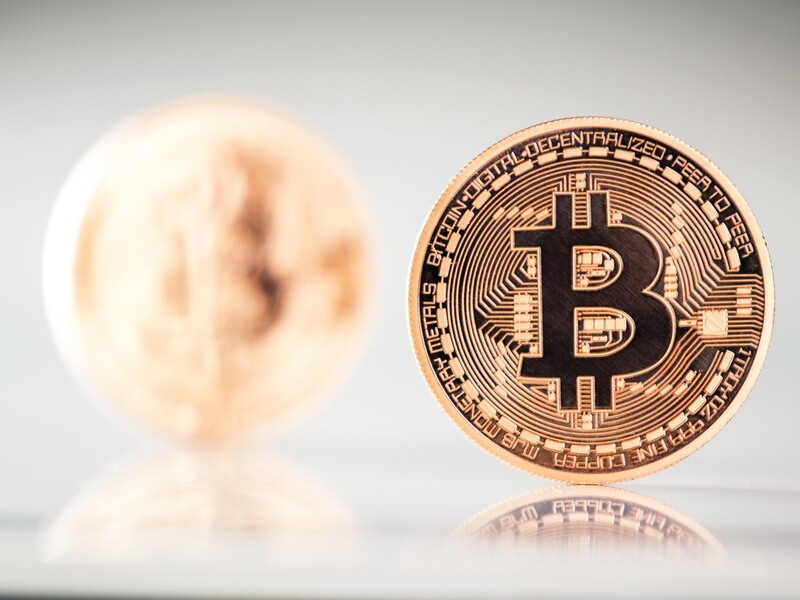hankyoreh
Links to other country sites 다른 나라 사이트 링크
SK government to institute real name verification system for virtual currency market

As part of a plan to establish a real name verification system for deposits and withdraws related to virtual currencies, the South Korean government has decided to impose penalties such as restricting deposits on individuals who have been trading virtual currencies in virtual bank accounts if they refuse to verify their identity. A ban will also be placed on so-called beehive accounts, in which multiple individuals conduct trades under a corporate account.
Financial regulators interviewed by the Hankyoreh on Jan. 14 explained that these were some of the measures that the Financial Services Commission has developed to deal with virtual currencies. “Considering that it would take a considerable amount of time to ban virtual currency trading, we will use the framework of current law to suppress trading to the greatest possible extent. We’re planning to institute the real name verification service for deposits and withdrawals as quickly as possible and to set up guidelines for preventing money laundering through on-site inspections at six retail banks,” one financial regulator said.
If the real name verification system is implemented, the existing virtual accounts can only be used to withdraw money from the exchanges, and not to deposit money. Deposits and withdrawals will only be possible after real name conversion.
In line with their original plan, the financial regulators mean to encourage banks to adopt the real name verification system and to incorporate as much of the virtual currency trading into this system as possible. Shinhan Bank, which had planned to ban deposits into virtual accounts as of Jan. 15, has put that decision on hold.
Financial regulators are also planning to impose penalties allowed within the framework of the current law on those who refuse real name conversion before a certain deadline. They are also reportedly considering the option of revising related laws to impose fees on account holders who reject the real name verification procedures. But regardless of that, trading accounts might be automatically liquidated at the end of the contract period for a virtual account that links a bank and a virtual currency exchange.
Financial regulators are also planning to shut down the beehive accounts that virtual currency traders resorted to as the government cracked down on virtual accounts. Recently established virtual currency exchanges dealing in virtual accounts have opened corporate accounts and then used them to handle transactions by multiple traders, with trading records kept separately. This practice has been criticized not only because it could be used for money laundering but also because the funds being traded could get mixed up if the account is hacked.
Financial regulators are planning to release guidelines to shut down such beehive accounts. But trading will be allowed even in beehive accounts if real name verification has taken place.
By Kim Kyung-rak, staff reporter
Please direct questions or comments to [english@hani.co.kr]

Editorial・opinion
![[Column] The state is back — but is it in business? [Column] The state is back — but is it in business?](https://flexible.img.hani.co.kr/flexible/normal/500/300/imgdb/original/2024/0506/8217149564092725.jpg) [Column] The state is back — but is it in business?
[Column] The state is back — but is it in business?![[Column] Life on our Trisolaris [Column] Life on our Trisolaris](https://flexible.img.hani.co.kr/flexible/normal/500/300/imgdb/original/2024/0505/4817148682278544.jpg) [Column] Life on our Trisolaris
[Column] Life on our Trisolaris- [Editorial] Penalties for airing allegations against Korea’s first lady endanger free press
- [Editorial] Yoon must halt procurement of SM-3 interceptor missiles
- [Guest essay] Maybe Korea’s rapid population decline is an opportunity, not a crisis
- [Column] Can Yoon steer diplomacy with Russia, China back on track?
- [Column] Season 2 of special prosecutor probe may be coming to Korea soon
- [Column] Park Geun-hye déjà vu in Yoon Suk-yeol
- [Editorial] New weight of N. Korea’s nuclear threats makes dialogue all the more urgent
- [Guest essay] The real reason Korea’s new right wants to dub Rhee a founding father
Most viewed articles
- 1[Column] Why Korea’s hard right is fated to lose
- 2Amid US-China clash, Korea must remember its failures in the 19th century, advises scholar
- 3[Column] The state is back — but is it in business?
- 4[Column] Life on our Trisolaris
- 560% of young Koreans see no need to have kids after marriage
- 6AI is catching up with humans at a ‘shocking’ rate
- 7[Editorial] Yoon must halt procurement of SM-3 interceptor missiles
- 8Hybe-Ador dispute shines light on pervasive issues behind K-pop’s tidy facade
- 9[Editorial] Stagnant youth employment poses serious issues for Korea’s future
- 10[Column] Can Yoon steer diplomacy with Russia, China back on track?